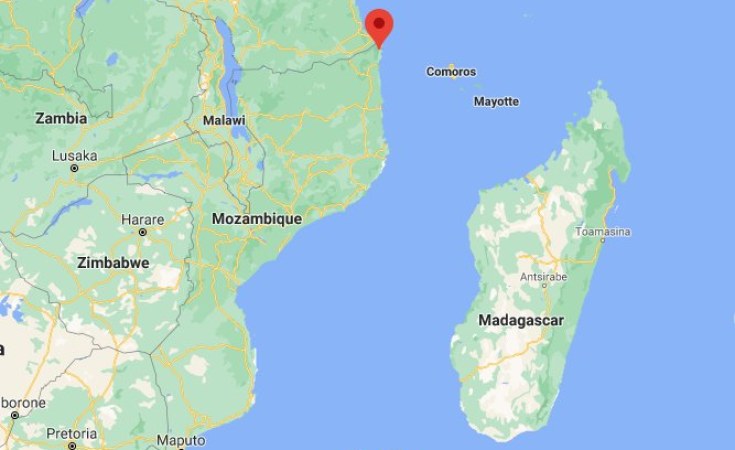Maputo — The Mozambican Minister of Mineral Resources and Energy, Carlos Zacarias, has announced that the country expects to produce, as of 2024, about 30,000 tonnes of Liquefied Petroleum Gas (LPG - cooking gas) per year.
According to the Minister, who was speaking on Wednesday at the opening of the 8th Mozambique Gas and Energy Summit and Exhibition, a two-day event taking place in Maputo, this amount will permit a reduction of around 60 per cent in imports of cooking gas, thus allowing financial resources to be used in other priority areas for the national economy.
"It is important to highlight the allocation of gas from the PSA [Natural Gas Sharing and Production Project] and to reaffirm that, as of 2024, Mozambique will be producing around 30,000 tonnes of LPG a year', Zacarias said.
Taking into account the progress that the country is making in the energy sector, the minister said, the government is already adopting mechanisms to reduce carbon emissions and mitigate the effects of climate change.
"Natural gas, in particular, provides a safe energy transition alternative, due to its advantages as a less polluting energy source', Zacarias said, adding "It's also important to say that a large percentage of our electricity matrix is clean. In fact, Mozambique contributes very little to global emissions.'
According to the minister, Mozambique has an installed electricity generation capacity of around 3,000 megawatts, of which 62 per cent comes from hydroelectric sources. Natural gas provides 15 percent of the total, solar power three per cent, while the remainder comes from other sources such as biomass.


